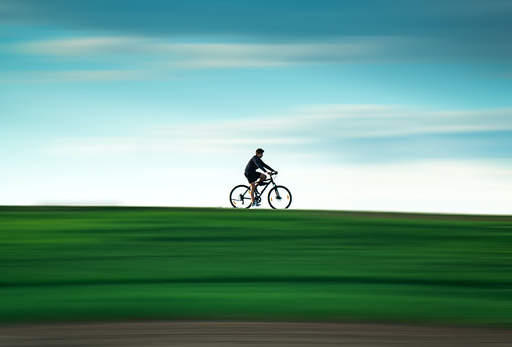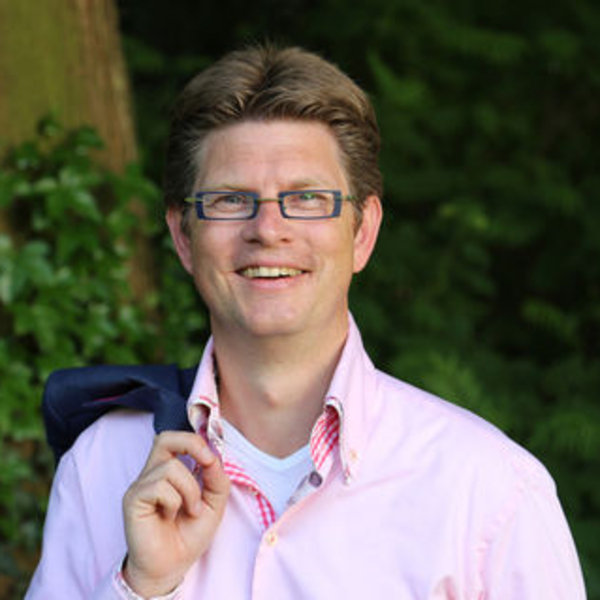
Suppose you are enjoying making an impact; you have started enthusiastically and the first results are visible. The feeling of progress motivates and gives you a boost. In general, we are good at starting something. We feel like it, the energy is high and we are comfortable in the action.
But how do you maintain that feeling? After a few weeks, the initial shine has worn off a bit. You still think the theme or your project is important, but you also notice that it costs more energy than before. And meanwhile, other fun things come your way that you could start working on. Recognizable?
Our motivation is a strange thing. We are often enormously motivated when we start. After a while, the project is on a bit of a back burner for a while, and suddenly, when the finish line is in sight, we pick ourselves up again for a final sprint. In other words, we are often strong in the start and finish, but in the middle, if we are not careful, we lose our way. You even run the risk of quitting early. Our motivation is most fragile in the middle.
From psychology, there have been numerous studies on this phenomenon. It has to do with how our brain works. For example, we often remember the beginning and end of a vacation much better than any day in the middle of this journey. And research on figure cutting shows that we often cut the first and last figure most carefully. In between, we still fiddle a bit - especially when there are a lot of them. In fact, we lower our standard for neat cutting once we are in the middle.
Our brain has the idea that what happens in the middle doesn't matter that much. Every action you take adds proportionally little. In the beginning, every step forward is one that gets you started. And at the end, every step gets you closer to the finish line. The last step itself is crucial. Then you have reached your goal. In the middle, none of it seems to matter so much.
So how do you keep yourself motivated when you are building a movement? Or when you're working to make an impact?
- The most important thing is to make sure you keep experiencing progress. And that you keep the idea that your actions matter. That's what motivates. To do this, you can use the principle of the smallest area. According to this principle, the best way to measure your progress is to compare where you are now with the starting point or the end point, depending on where you are closest (hence "the smallest area"). So you look backward until you reach the middle and from then on you switch to looking forward. This works because it makes the proportional impact of your action seem greater. This encourages action. Compare it to reading a thick book. In the beginning you look mainly at the pages you have already read and after the middle you look mainly at the pages you have yet to read. Personally, I always read faster so near the end of the book (and can't put it down).
- A practical tool that can help is scale walking. See the elaboration of this tool in the reader of the FCE Festival (in dutch). You can do this exercise alone or with someone you work with. It helps to clarify where you are moving towards, where you are in relation to the desired situation and what actions you think belong in the next step.
- Break a project down into phases. Set yourself short-term goals for each phase so you can see your progress each time. In addition to the goals, think of manageable actions with an achievable outcome (so not: expand your network, but do invite three colleagues to a brainstorming session about my question).
These tips will help you get through the middle part without losing too much momentum. If that doesn't help, there's really only one option left. Namely, focus on creating new beginnings. Because beginnings are what we humans are very good at.
Source: Fishbach, A. (2022). Get It Done: surprising lessons from science on motivation and achieving your goals without stress. Volt Publishing.
